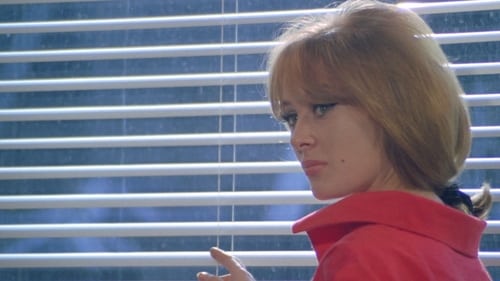
Director

Producer
When Max, a young poet hires a marketing company to turn his suicide-by-jumping into a mass-media spectacle, he finds that his subversive intentions are quickly diluted into a reactionary gesture, and his motivations are revealed as a desperate attempt to seek attention through celebrity.

Writer
When Max, a young poet hires a marketing company to turn his suicide-by-jumping into a mass-media spectacle, he finds that his subversive intentions are quickly diluted into a reactionary gesture, and his motivations are revealed as a desperate attempt to seek attention through celebrity.

Director
When Max, a young poet hires a marketing company to turn his suicide-by-jumping into a mass-media spectacle, he finds that his subversive intentions are quickly diluted into a reactionary gesture, and his motivations are revealed as a desperate attempt to seek attention through celebrity.

Director
Impressions of contemporary British arts and fashion. Summary of art through the ages taking in every thing from Mary Quant to the Marat/Sade production. Made for the Montreal "Expo '67" exhibition.

Director

Director

Director

Director

Associate Producer
Research scientists experimenting with time warps are accidentally propelled forward into an unbearable future.

Director
Produced by the Nuffiled Foundation of Unit for the History of ideas, Time Is, directed by Don Levy (Herostratus), is an experimental collage film looking at the scientific problems connected with the nature of time. Alternating between original and `found' footage such as newsreels, sports footage, nature photography, the film uses a number of techniques including slow motion, time-lapse and single-frame filming, negative imagery and juxtaposition.

Director
The first film made by Don Levy is a comedic satire of pretensions and perversions of British academia. Made for the Cambridge Film Society, it is shot in grainy black-and-white scuffed up to resemble aged prints of 1920s Surrealist films and displays an astringent sense of the ironies that can be achieved through juxtapositions of image, voice-over text, and music.






